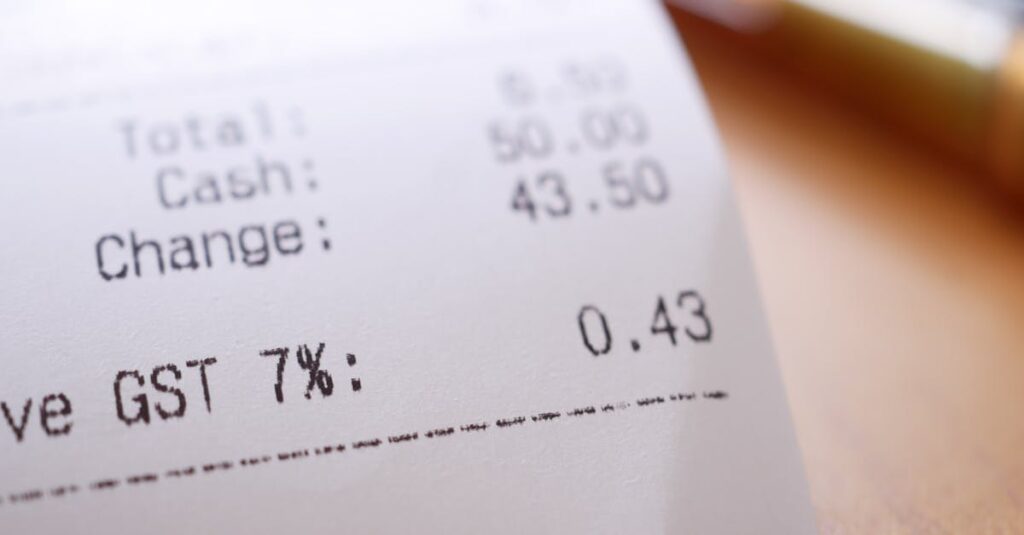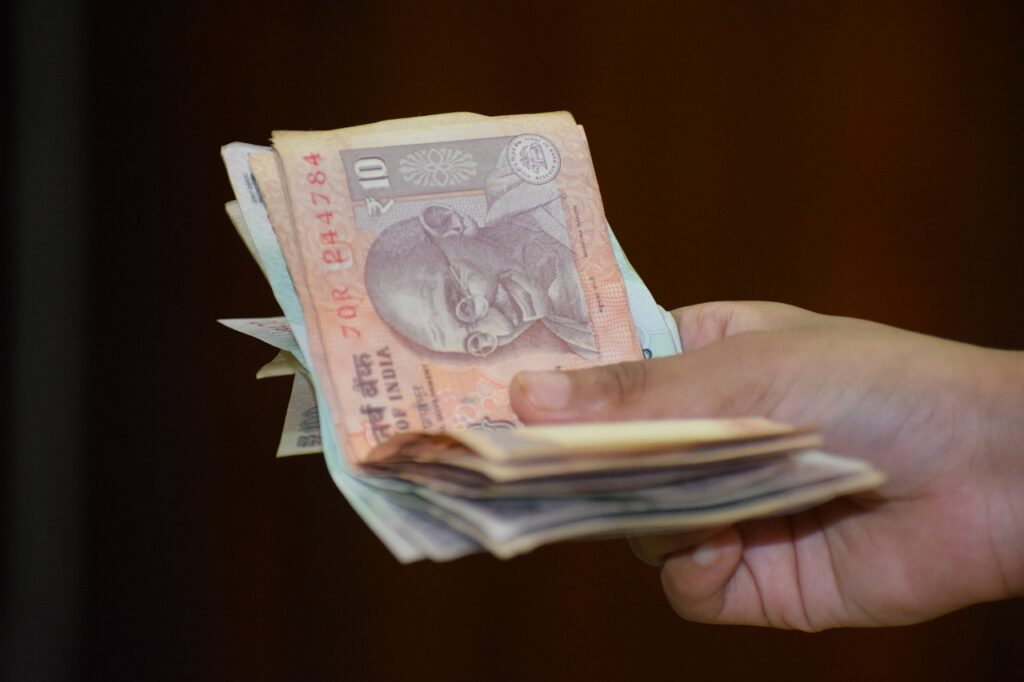Overview
The 55th GST Council meeting, a significant event in the realm of Indian taxation, was chaired by the esteemed Finance Minister, Nirmala Sitharaman. This meeting was held in the vibrant state of Rajasthan, marking another chapter in the ongoing evolution of the Goods and Services Tax (GST) framework in India. The discussions were centered around the GST rates applicable to a variety of goods and services, reflecting the government’s commitment to refining and optimizing the tax system to better serve the economy and its citizens.
Decision-Making Process
Council Quorum
- The GST Council operates under a structured decision-making process. For any meeting to proceed, it is essential that at least 50% of the council members are present. This ensures that decisions are made with adequate representation and input from all stakeholders involved.
Approval Requirement
- For any decision to be approved, a 3/4 majority is required, meaning that 75% of the members must be in agreement. This high threshold underscores the importance of consensus and collaboration in the council’s operations.
Major Topics Discussed
Electric Vehicles
- GST Rate: In a bid to promote the adoption of electric vehicles, which are seen as a cleaner and more sustainable mode of transportation, the GST rate has been set at a favorable 5%. This move is part of the government’s broader strategy to encourage environmentally friendly technologies and reduce the carbon footprint.
Second-Hand Cars
- Transaction Rules: The council discussed specific GST considerations for transactions involving second-hand cars. This includes rules that apply to individual transactions, ensuring that the tax implications are clear and fair for both buyers and sellers in the second-hand car market.
Food Items
- GST Adjustments: There were notable changes in the GST rates for various food items. For instance, the GST on fortified rice, which is distributed through the Public Distribution System (PDS), has been reduced from 18% to 5%. Similarly, adjustments were made for items like black pepper and raisins, reflecting the council’s efforts to make essential food items more affordable.
Banking and Financial Services
- Bank Penal Charges: A significant decision was made regarding bank penal charges. It was decided that no GST would be levied on penalties imposed by banks or Non-Banking Financial Companies (NBFCs) on loans. This decision is aimed at reducing the financial burden on borrowers.
- Payment Aggregators: The council also addressed the role of payment aggregators, which act as intermediaries in financial transactions. It was decided that fees up to ₹2000 would be exempt from GST, providing relief to small transactions. However, fintech companies like Google Pay and Paytm will not enjoy this exemption, ensuring a level playing field in the digital payments space.
Compensation Cess
- Purpose: The compensation cess was introduced to compensate states for any revenue loss incurred due to the implementation of GST. This was initially planned for a duration of 5 years. The council is currently discussing future plans for this cess, considering the financial implications for states.
Exclusions from GST
- Non-GST Products: Certain products remain outside the purview of GST. These include crude oil, petrol, diesel, Aviation Turbine Fuel (ATF), and natural gas. The central government continues to levy excise duty, while state governments impose VAT on these products. There is ongoing debate about whether bringing these products under GST could lead to lower prices for consumers.
Pending Decisions
Construction and Housing
- The council has yet to reach a final decision on the taxation of construction and housing sectors. This includes considerations related to the floor space index and other relevant factors.
Calamity Cess
- Discussions are ongoing regarding the implementation of a calamity cess, which would be used to fund relief efforts in the event of natural disasters. This proposal has sparked debate about its potential impact on taxpayers.
Insurance
- The council is also considering the rationalization of GST rates for health and life insurance products. This is part of a broader effort to make insurance more accessible and affordable for the general public.
Rationalization of GST Rates
- A comprehensive review of GST rates for 148 items is underway. The council is considering whether changes are needed to better align the tax system with current economic realities.
Conclusion
In conclusion, the 55th GST Council meeting resulted in several important decisions, reflecting the council’s ongoing efforts to refine and improve the GST framework. However, some areas remain unresolved, with further discussions needed to reach consensus. Students and professionals alike can use this summary as a quick reference to understand the key outcomes and ongoing discussions from the meeting.

Action Points
- Electric Vehicles GST Rate:
- The government aims to promote electric vehicles by maintaining a 5% GST rate. This decision supports the growth of the electric vehicle market.
- Second-Hand Car Transactions:
- Clarification on GST application for second-hand car transactions is needed. This will help streamline the taxation process for these sales.
- GST on Food Items:
- Adjustments in GST rates for various food items, such as fortified rice, popcorn, and black pepper, have been discussed. Fortified rice GST reduced from 18% to 5%.
- Bank Penal Charges:
- No GST will be applied to penal charges imposed by banks or NBFCs on loans. This decision provides relief to borrowers.
- Payment Aggregators:
- GST exemption for payment aggregators on fees up to ₹2000. However, fintech companies like Google Pay and Paytm are not exempted.
- Compensation Cess:
- Discussion on the future of compensation cess, initially introduced for five years to compensate states for GST-related losses. A decision on its continuation is pending.
- Non-GST Products:
- Crude oil, petrol, diesel, ATF, and natural gas remain outside GST. The central and state governments continue to levy excise duty and VAT, respectively.
- Rationalization of GST Rates:
- Consideration of rationalizing GST rates on 148 items. This involves reviewing and potentially adjusting the rates to ensure fairness and efficiency.
- Pending Decisions:
- Several areas, such as construction, housing, and floor space index taxation, remain undecided. Further discussions are needed to reach a consensus.
- Calamity Cess:
- The concept of a calamity cess for flood relief and other emergencies is under consideration. This would involve additional taxation to fund disaster management efforts.
- Health and Life Insurance:
- Discussions on GST rates for health and life insurance policies are ongoing, with no final decision reached yet.
- Next Steps:
- The GST Council will continue to deliberate on these issues in future meetings, aiming to reach consensus and implement necessary changes.
